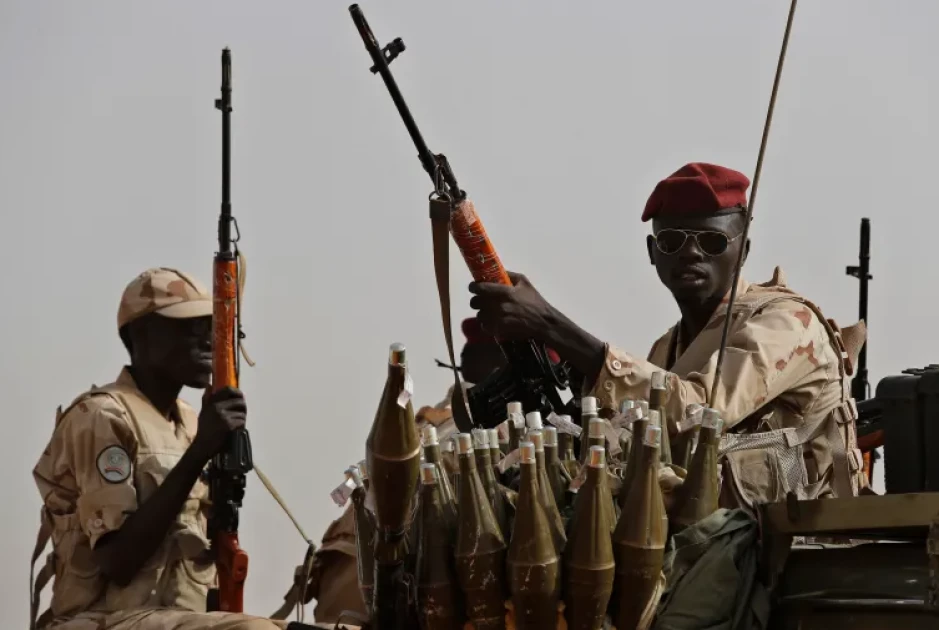The death of former Kenyan Prime Minister Raila Amolo Odinga has thrown the East African region into mourning, stalling business at key border points and triggering an unprecedented four-day State funeral programme that will culminate in his burial this Sunday at his ancestral home in Bondo, Siaya County.
The 80-year-old veteran opposition leader and democracy icon died on Wednesday in Kochi, India, after suffering a cardiac arrest. His passing marks the end of a political era that defined Kenya’s post-independence struggle for reform, justice, and multiparty democracy.
At the Busia border, the heartbeat of East African trade slowed to a whisper. Trucks lined up motionless for hours as drivers and customs officials absorbed the shocking news. On both sides of the border, flags flew at half-mast, and crowds gathered to mourn the man many called “Baba wa Taifa” — the father of the nation.
“It’s like time stopped,” said John Musungu, a truck driver stranded at the Kenyan side. “We could not work knowing Baba is gone. Raila was not just a politician; he represented hope.”
Ugandan traders shared the grief. Sarah Nabwire, a clearing agent from Tororo, described the atmosphere as “surreal,” adding,
“Odinga’s politics reached across the border. He was part of our story too.”
Economists estimate that the temporary suspension of operations at Busia cost the region more than KSh 100 million in lost trade and logistics delays.
President William Ruto declared seven days of national mourning, with all flags flying at half-mast until after Odinga’s burial. The Head of State described him as “a democracy giant and a statesman who challenged us to dream bigger for our nation.”
Deputy President Kithure Kindiki, co-chairing the National Funeral Committee, confirmed that Raila will be accorded a full State Funeral, in accordance with his family’s wishes and national protocols.
“We have been advised by the family that it was Raila’s wish to be buried within the shortest time possible — within 72 hours,” Kindiki said at a press briefing in Karen.
The detailed plan released by the National Funeral Committee outlines a dignified farewell befitting the man who shaped Kenya’s democratic soul.
Wednesday (October 15):
• 6:30 p.m. – A Kenyan delegation departs for India to repatriate the body.
• 1:00 a.m. Thursday – Delegation arrives in Mumbai.
• 3:00 a.m. – Flight departs India for Nairobi.
Thursday (October 16):
• 8:30 a.m. – Plane carrying Raila’s body lands at Jomo Kenyatta International Airport (JKIA).
Received by President Ruto, family, and senior officials, the body proceeds to Lee Funeral Home.
• 12:00 p.m. to 5:00 p.m. – Public viewing at Parliament Buildings, Nairobi, with national mourning centers established countrywide.
• 5:00 p.m. – Body returns to Lee Funeral Home.
Friday (October 17):
• 8:00 a.m. – State Funeral Service at Nyayo Stadium, attended by dignitaries, former heads of state, and global leaders.
• Evening – Body moved to Karen residence for a family vigil.
Saturday (October 18):
• 9:00 a.m. – Body flown to Kisumu for public viewing at Moi Stadium.
• 3:00 p.m. – Procession to Bondo, Siaya County, for an overnight stay.
Sunday (October 19):
• Burial at Bondo home, conducted under the Anglican Church of Kenya (ACK) rites.
Condolences have poured in from across Africa and the world.
• Ugandan President Yoweri Museveni hailed Odinga as “a revolutionary who believed in the unity of the African people.”
• Tanzanian President Samia Suluhu Hassan called him “a son of the continent who stood for justice beyond borders.”
• Former U.S. President Barack Obama, whose roots trace back to Siaya, paid tribute saying, “Raila’s courage and conviction inspired generations in Kenya and beyond.”
International media outlets tracked the flight carrying Odinga’s body, making it one of the world’s most followed live air journeys, symbolizing the depth of his global influence.
Raila Odinga’s political career spanned more than five decades. From imprisonment under the Moi regime, to his role in the 2002 transition, and his landmark 2008 power-sharing deal, he remained a symbol of defiance and reform.
He contested the presidency five times — in 1997, 2007, 2013, 2017, and 2022 — but never lost the admiration of millions who saw him as the president Kenya never had.
As thousands prepare to line the roads from Nairobi to Bondo, and regional leaders converge to pay their respects, Kenya stands united — even if just for a moment — by the man who spent his life fighting to unite it.
“Trade will resume, life will move on,” said Musungu, the truck driver at Busia, “but for now, we all pause to say goodbye to Baba.”



